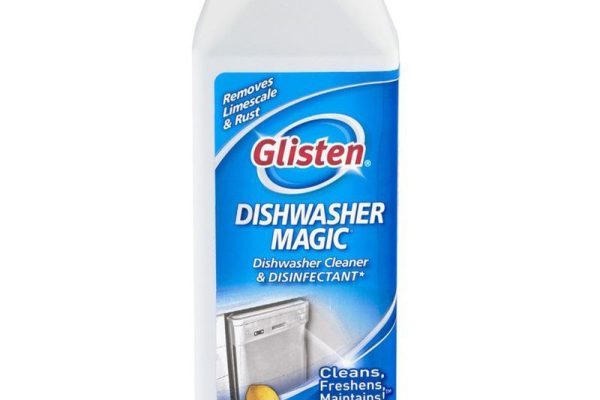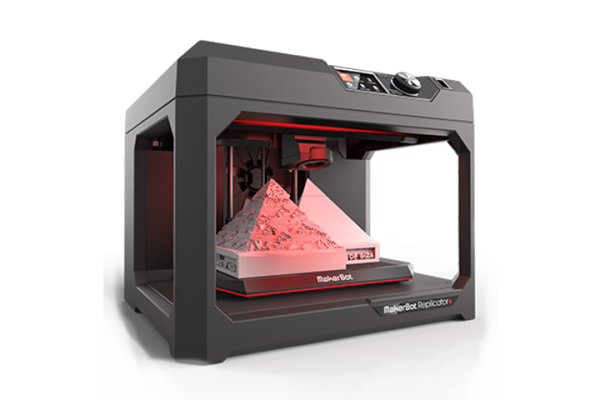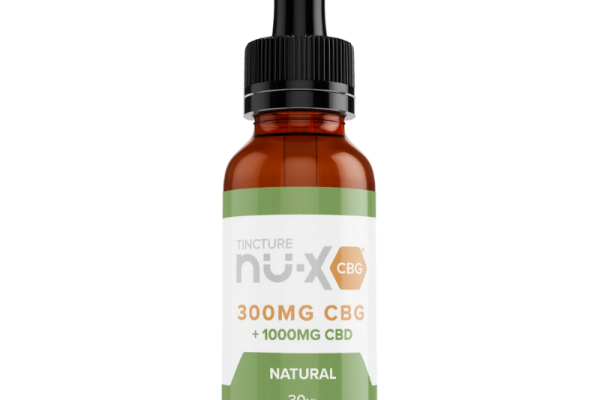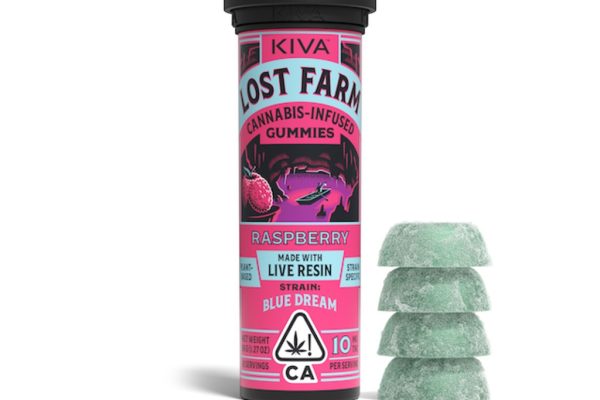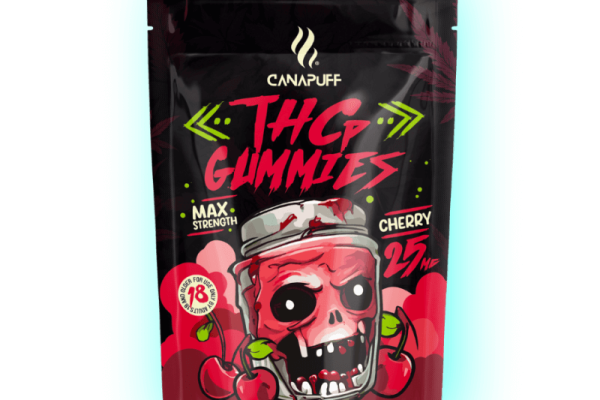In the realm of alternative wellness remedies, delta 9 edibles have emerged as a flavorful option with purported benefits ranging from relaxation to pain relief. Among the various claims surrounding these products, one that has gained traction is their potential to alleviate muscle soreness. But how much truth lies in these assertions, and can a gummy truly provide sweet relief for post-workout aches? Let’s delve into the science behind delta-9 gummies and their purported effects on muscle recovery.
Understanding Delta-9 Edibles
Delta-9 tetrahydrocannabinol (THC) is a cannabinoid found in cannabis plants known for its psychoactive properties. Delta-9 edibles are products infused with THC, typically in the form of gummies, chocolates, or other treats. These products have gained popularity for their convenient consumption methods and the ability to deliver THC’s effects in a more palatable manner than traditional smoking or vaping.

The Potential for Pain Relief
One of the primary reasons individuals turn to delta-9 edibles is for their reported pain-relieving properties. THC interacts with the body’s endocannabinoid system, which plays a role in regulating pain perception. By binding to cannabinoid receptors, THC may help reduce sensations of pain, making it a promising candidate for alleviating muscle soreness.
The Role in Muscle Recovery
Muscle soreness, often experienced after strenuous exercise, is caused by microscopic damage to muscle fibers and inflammation. While some level of soreness is a natural part of the muscle-building process, excessive discomfort can impede recovery and deter individuals from maintaining an active lifestyle. Delta-9 edibles purportedly offer a dual benefit in this regard, both dulling the sensation of pain and potentially reducing inflammation, thereby expediting the recovery process.
Scientific Evidence and Limitations
While anecdotal evidence abounds regarding the efficacy of delta-9 edibles for muscle soreness, scientific research in this area is still in its infancy. Limited studies have explored the specific effects of THC on exercise-induced muscle soreness, and results have been mixed. Some research suggests that cannabinoids may indeed have anti-inflammatory properties, while others have found no significant difference in pain perception between THC and a placebo.
Considerations and Caution
Before incorporating delta-9 gummies into your post-workout routine, it’s essential to consider a few factors. Firstly, individual responses to THC can vary widely, with factors such as metabolism, tolerance, and dosage playing significant roles. Additionally, the psychoactive effects of THC may not be desirable for everyone, particularly those who need to remain clear-headed or undergo drug testing.
Conclusion
While delta-9 edibles offer a tantalizing possibility for managing muscle soreness, their effectiveness remains somewhat uncertain. As with any wellness product, it’s crucial to approach delta-9 gummies with caution and skepticism, considering both potential benefits and risks. Consulting with a healthcare professional before incorporating these products into your routine is advisable, especially if you have underlying health conditions or concerns.

In the realm of alternative remedies, delta-9 edibles stand out as a unique option for addressing muscle soreness. Whether they truly deliver on their promises of sweet relief remains to be seen, but for many, the allure of a tasty solution to post-workout aches is undeniably tempting.












